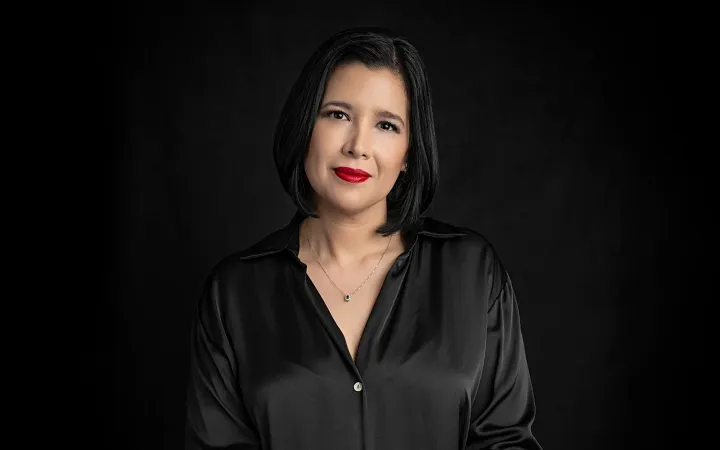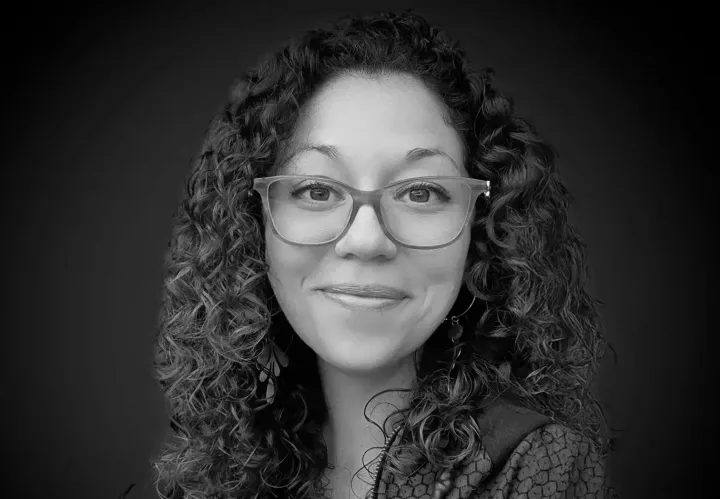Por Mariana Conde
Después de leer por enésima vez uno de mis ensayos favoritos, Todos deberíamos ser feministas de Chimamanda Ngozi Adichie, basado en su primera conferencia TED, veo el video de dicha conferencia. Me encuentro asintiendo casi todo el tiempo, indignándome a ratos, en otros pauso para reír ante la genialidad de esta mujer que toca temas de grave seriedad sin perder el humor ni la capacidad de entretener y de relacionarse con el público y el lector. Qué persona, pienso, y termino llena de un aliento positivo al oír sus palabras y ante el aplauso aprobatorio de la numerosa audiencia a sus ideas en respuesta al machismo. El título es engañoso pues no se trata de un llamado femenino a las armas o la quema de brasieres sino algo bastante más difícil: cómo evolucionar, cómo lograr que los sexos, reconociendo nuestras diferencias, lleguemos a respetarnos y tratarnos como iguales. Y no solo por el valor de la igualdad per se, sino porque haríamos generaciones más felices al dar los derechos que corresponden a las niñas y quitando el mandato a los niños de ser siempre fuertes e invulnerables.
Chimamanda tiene otra TEDTalk, El peligro de la historia única, que habla de los prejuicios que nos hacen vernos de manera limitante los unos a los otros, y que curiosamente llega a conclusiones casi idénticas a la anterior, invitándonos a mirar al otro con más profundidad para entender la amplitud de la experiencia humana que construye a cada quien.
Una misma medicina para males muy parecidos: la ceguera ante la realidad del otro, la catalogación que hacemos de las demás personas asignándoles su cuadrito en una matriz que calibramos desde nuestra ignorancia, prejuicios o falta de empatía.
Por otro lado, y en sentido opuesto, no paran en la prensa noticias sobre movimientos supremacistas en Norteamérica o Europa que evocan con nostalgia al nazismo y el Ku Klux Klan, que si bien se cuidan de no usar esas marcas, están impulsados por las mismas ideas: superioridad de la raza blanca. En específico hay una organización transnacional, irónicamente llamada Human Diversity Foundation, liderada y con fondeo por parte de individuos y grupos de Suecia, Inglaterra, Alemania y Estados Unidos, que se dedica entre otras cosas a impulsar cierto tipo de investigación genética que busca comprobar que ciertas etnias son biológicamente mejores y tienen mayor IQ. A esta tendencia se le llama racismo científico. Hay millones de dólares por parte de diversos donantes detrás de esta supuesta ciencia –completamente descalificada como charlatanería por la comunidad científica– y un afán claro de sus patrocinadores de infiltrarse en la política mediante partidos de extrema derecha.
Lo que no se atreven a declarar públicamente es para qué servirán esos hallazgos pseudocientíficos, qué piensan hacer con los resultados, aunque no tenemos que mirar muchos años atrás ni muy lejos para adivinarlo. Ya algunos de los proponentes de esta tesis flotan el término re-migración que no es más que la expulsión de minorías de inmigrantes de vuelta a sus países de origen, sin importar si en ellos corren el riesgo de ser succionados por la guerra, la hambruna o de continuar siendo perseguidos.
Me quedo pensando en el contraste entre estas dos corrientes de pensamiento, la de Chimamanda y la de los neonazis, ambas muy vigentes hoy y pienso más que nunca en que la humanidad en lugar de avanzar solo da vueltas en círculo. Retos que pensábamos superados tras años de lucha, de pérdidas, de violencia personal u holocaustos regresan como tornados a abofetearnos de nuevo con su ráfaga cíclica.
La tensión entre estas dos visiones me lleva a pensar en la percepción humana del poder y en que pareciera que el humano aplasta a quien puede. Nos topamos con paradojas como la de hombres de minorías oprimidas que pelean para que la injusticia que viven acabe, pero que en su casa oprimen y maltratan a sus mujeres. (De la misma forma que se escucha a padres de personas con discapacidad indignarse por el trato discriminatorio que reciben sus hijos en la sociedad, pero a quienes les parece escandalosa la lucha por los derechos LGBT+, por ejemplo).
Es increíble lo difícil que es ampliar nuestro punto de vista más allá de la experiencia personal y combatir la propia ceguera para abrirnos a la empatía. No es fácil ni cómodo hacerlo, hay incluso quien dice que estamos genéticamente diseñados para discriminar y así proteger a nuestra tribu del peligro enemigo, pero ya no estamos en la era de las cavernas. Creo que hoy más bien a lo que se tiene miedo es a perder hegemonía.
Aquellos que crecen en el privilegio de un sexo, una posición económica o una raza que ha sido beneficiada por el status quo quieren seguirse aferrando a esa supuesta superioridad y a los beneficios históricos que les ha regalado su cuna o su sexo. No los soltarán de buena gana y el único camino en el pasado ha sido no dejarles más remedio mediante una sociedad unida que sí ve al otro y que pelea por los derechos de todos. Creo que en realidad el arma más poderosa que tenemos es la educación igualitaria a la niñez.
Y sobre el feminismo, no sé si logremos convencer a los mexicanos de ser todos feministas, pero por nuestro bien y el de nuestras hijas e hijos vale la pena intentarlo. No un feminismo tergiversado de odio y resentimiento, como lo posicionan algunos que quieren difamarlo, si no el de la definición de Chimamanda:
“Feminista es todo hombre o mujer que dice: Sí, hay un problema con la situación de género hoy y tenemos que solucionarlo, tenemos que mejorar las cosas. Y tenemos que mejorarlas entre todos, hombres y mujeres.”

Las opiniones expresadas son responsabilidad de sus autoras y son absolutamente independientes a la postura y línea editorial de Opinión 51.






Comments ()